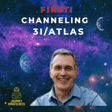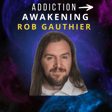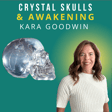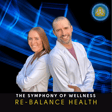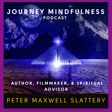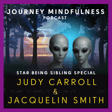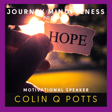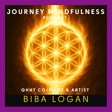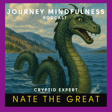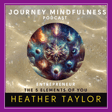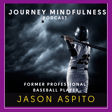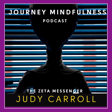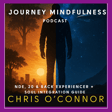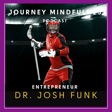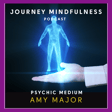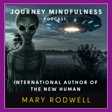
From the Ice to Inner Peace: Greg Klym’s Mindfulness Journey
In this episode of the Journey Mindfulness podcast, host James welcomes Greg Klym, a mindfulness expert and coach from Canada. Greg shares his inspiring transition from a Division 1 hockey player at the University of New Hampshire to a dedicated mindfulness practitioner, sparked by a personal battle with depression and anxiety in 2007. He reflects on how his athletic background shaped his resilience and work ethic, and how mindfulness became a 'superpower' for navigating life’s challenges. Together, James and Greg explore the transformative potential of present-moment awareness, the neuroscience of change, and the courage to embrace failure, offering listeners practical insights and hope for cultivating inner peace amid uncertainty.
Greg Klym is a dedicated mindfulness coach with a mission to guide individuals toward greater happiness, peace, and well-being. With a background as a competitive athlete, NCAA college hockey player and coach, and corporate sales professional, Greg spent over four decades focused on achievement. His journey eventually led him to embrace mindfulness as a transformative practice, which he now shares through one-on-one and group coaching sessions.
To learn more about Greg and his offerings please visit his website here.
***
To learn more about James, Journey Mindfulness Resources
https://journeymindfulness.com/
***
Free Warrior Spirit Guided Meditation:
https://www.journeymindfulness.com/warrior_spirit_meditation
***
Mindfulness Based Stress Reduction 8 Week Online Course
(Self-Guided):
https://www.journeymindfulness.com/MBSR
***
Guided Self-Hypnosis to Conquer Fear & Doubt (digital download)
https://www.journeymindfulness.com/hypnosis
***
Socials:
YouTube: https://www.youtube.com/@Journey_Mindfulness
Instagram: https://www.instagram.com/mindfulbmore/
Twitter (X): https://x.com/MindfulBmore
Facebook: https://www.facebook.com/MindfulBmore/
Have an interesting story? Contact me and you could be a guest on the show.
DISCLAIMER: This show is for entertainment purposes only and is not intended to replace professional medical or psychological advice. Please seek licensed medical professionals for help & guidance.
